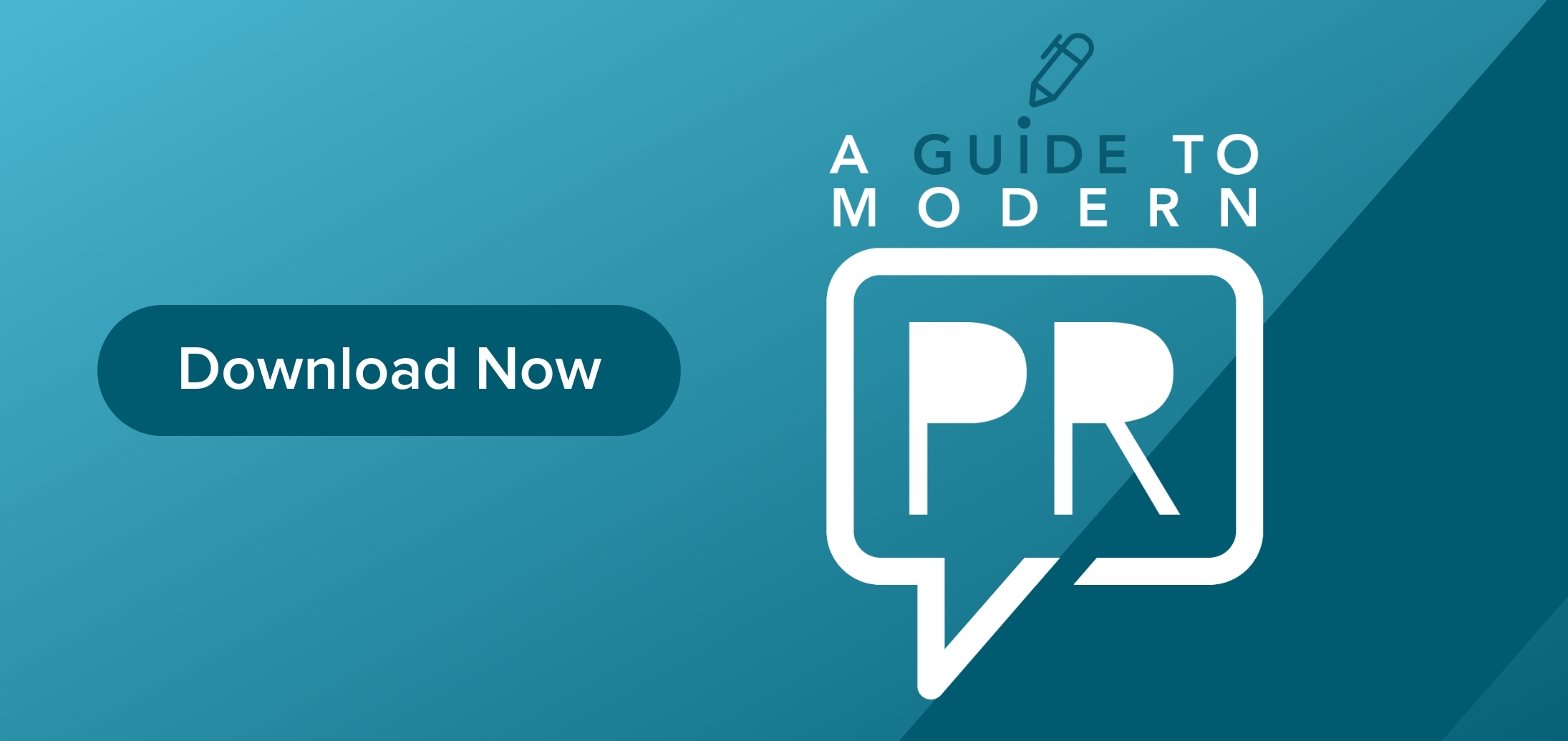A press page for your company website is an important document, but creating it doesn’t have to be a stressor. In fact, a press page can be a celebration — a celebration of your company, where it’s been, what it’s doing, and where it’s going.
Creating a press page can actually be an enjoyable and meaningful task for your team. Why not use it as a way to recenter on what makes your company so great and articulate what projects and missions you’re undertaking right now?

What Is a Press Page?
A press page can be a dynamic showcase of the people and events that define your company. As your company grows, your website press page will change along with it, giving others a unique window through which to learn about your story as it evolves.
One way of thinking about a press page is as an online newsroom. It’s a place where anyone (namely, members of the press like journalists) can find up-to-date information about your company.
A press page should include — at minimum — a couple of key elements: a media kit (where people can find trusted information about your company so they can add fact-checked details to their content) and press releases (updates and information that allow people to easily fruit-pick an interesting event, launch, or development that’s going on in your world). But more on that in a bit.
How to Create a Press Page
Here are some tips for how to create an effective press page:
1. Start with the basics: company info.
A press page can be a great place to describe your business in facts. An “About Us” section gives the basic information many media professionals and other stakeholders need to go about their business. For example, a journalist writing a piece about your industry might check your press page to find out when your company was founded and by whom. Other facts — like a summary of your services and major milestones in your business history — can sit right there in the “basics” section. Contact information should be included, too — a designated press email (if you have one) or the contact details of your chosen spokesperson.
2. Show off your people: team stories.
Press pages are good places to tell interested parties about your team. People might be looking to write about your company with a particular focus on one team or another. Executive bios add the human story behind the corporate one. A roster of other experts on your team, along with a brief description of what they do at the company, can be helpful, too. You can also add links to social media profiles so people can easily find out what daily life looks like for your company and your people.
3. Add press releases and links: who you are in the world.
A press page can compile past press releases from important events and milestones while maintaining a collection of more current releases, too. Project updates, launches, awards or achievements, employee announcements — these are the types of news highlights you want to include on your page, along with an image and an easily digestible headline and tagline. Links to published press mentions and guest-contributed articles with publication badges are also great additions.
Just make sure to comply with republishing guidelines when you’re sharing content that’s been published in external publications, and ensure you’re giving credit to the original URL where that piece was published.
4. Add an album of media assets: your visual language.
Your media kit is the place where you can show the world how you look as an organization. That means your aesthetic, your team, your style. You should consider including:
- Portraits of your executive team. Depending on your company size and your goals, you could also include photos of your managers and even the team as a whole. Portraits make your company real for people.
- Video footage of life at your company, including your favorite spaces and what your team looks like when they’re meeting and collaborating.
- Photos and videos of your products or services. Giving visitors to your press page examples of your products and services, along with footage that shows how they work, will allow them to understand much more clearly. This could also include mockups or screenshots of your software if you’re a software-as-a-service business.
- Logos and patterns that represent your brand. This is your visual language, and it’s important to provide on your press page so outsiders can get a feel for your business and can get an understanding of how to speak about and portray your brand in their content.
Take a look at some press page examples here and here to get an idea of how this celebration of your company could look. And, most importantly, enjoy the process. A press page means people are talking about you, your team is busy, and you’re building a history and a future as you grow. So celebrate!



/cdn.vox-cdn.com/uploads/chorus_image/image/62810996/Amm_DeepSentinel_01.0.jpg)

More Stories
Benefits and Pros vs Cons – Moosmosis
Steve Hargadon: New Dr. Albrecht Library 2.0 Podcast: “DEI and BELONGING”
Spark Student Creativity with Handmade Gifts